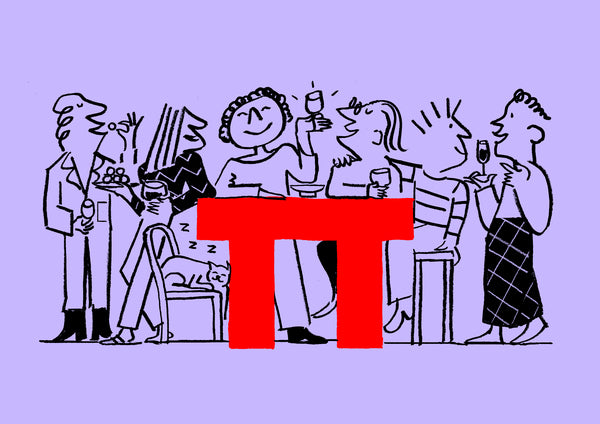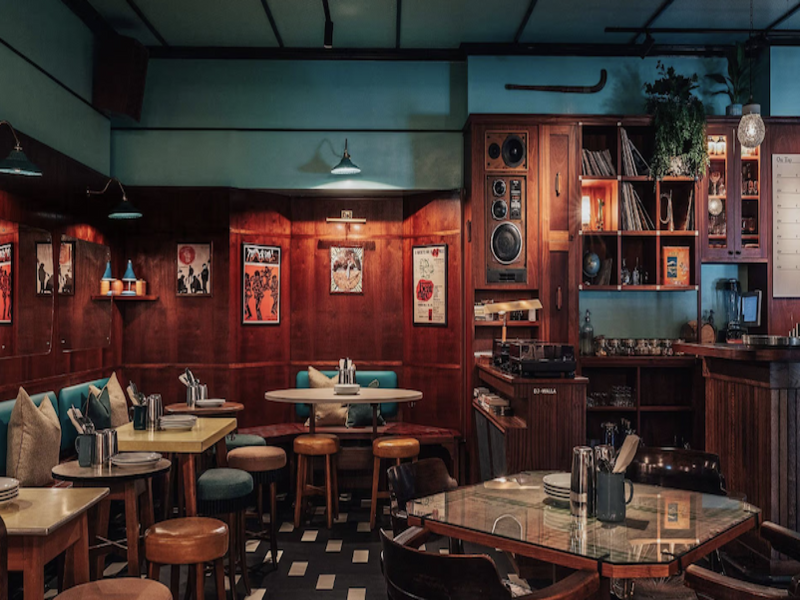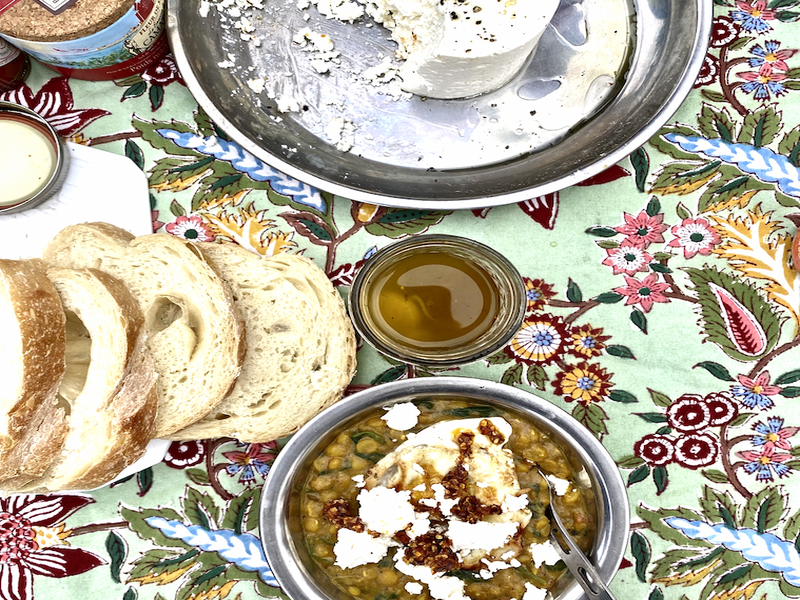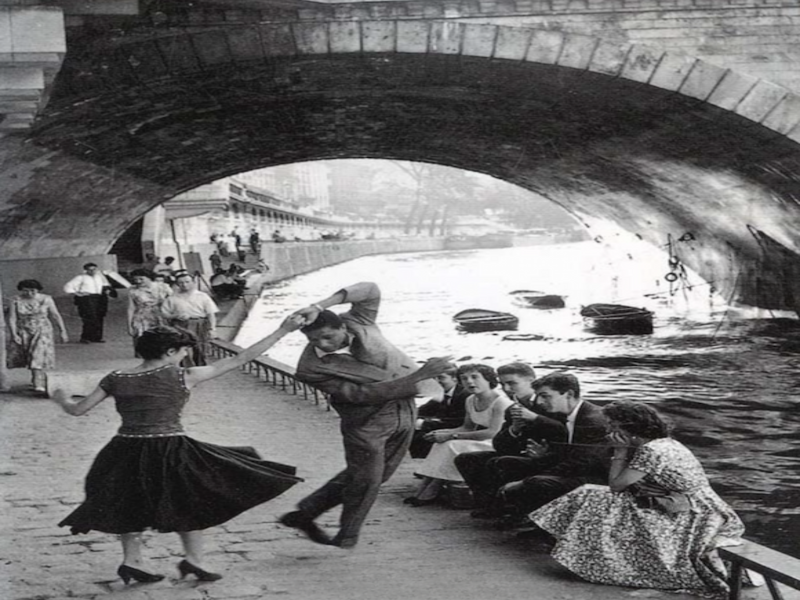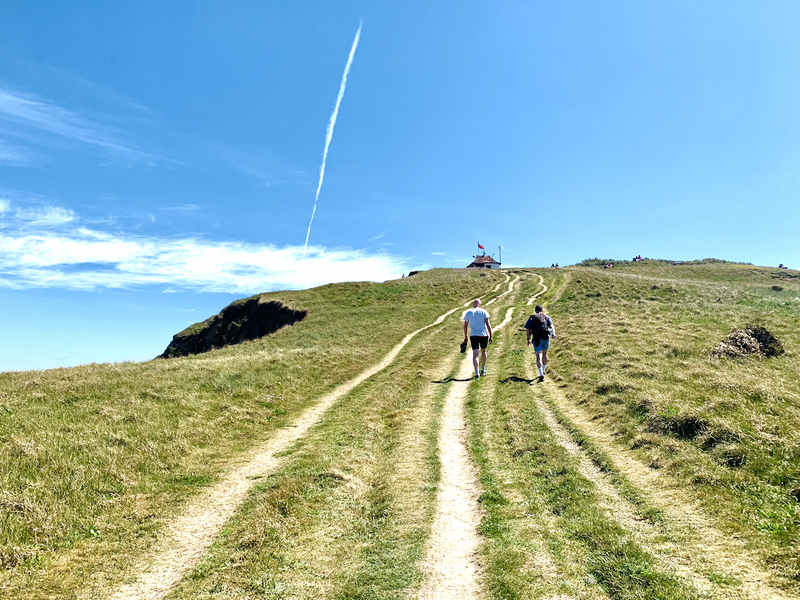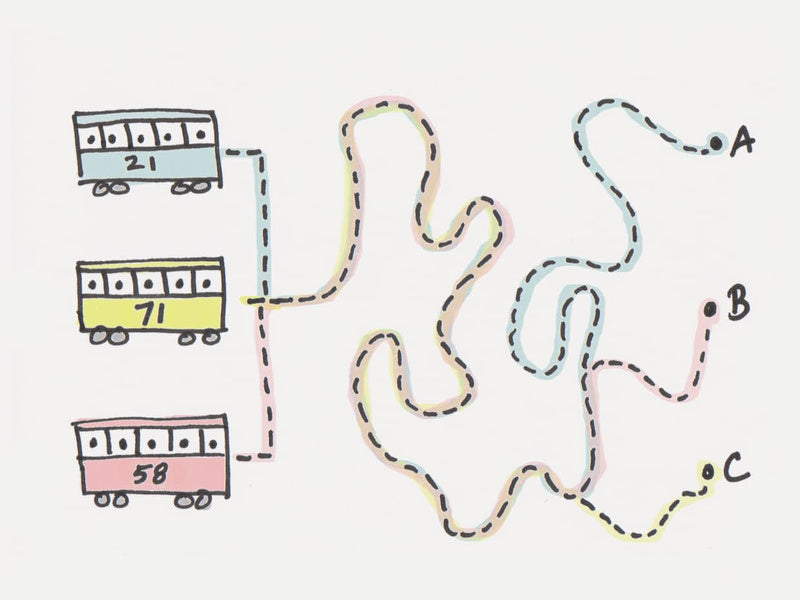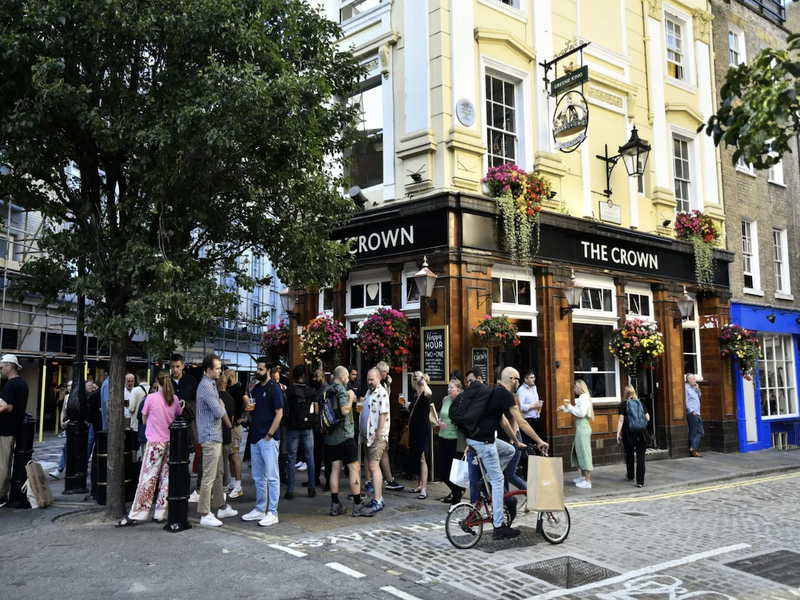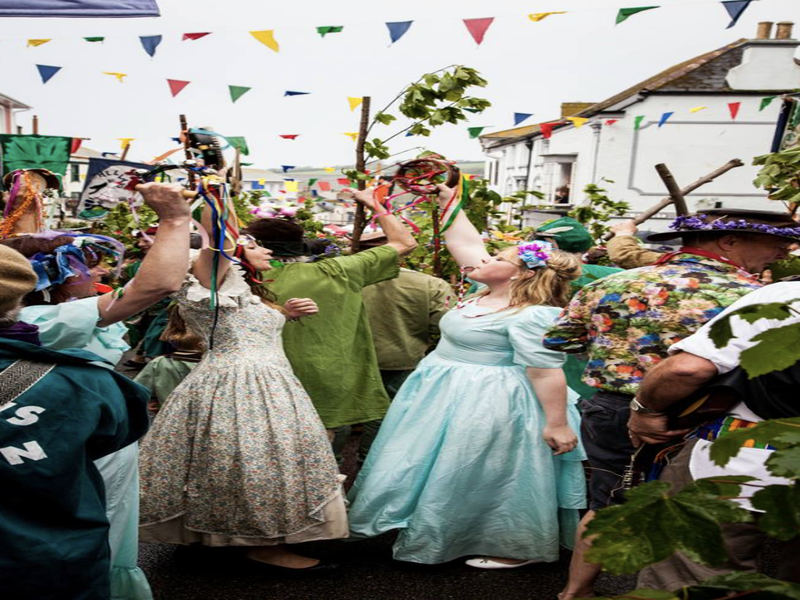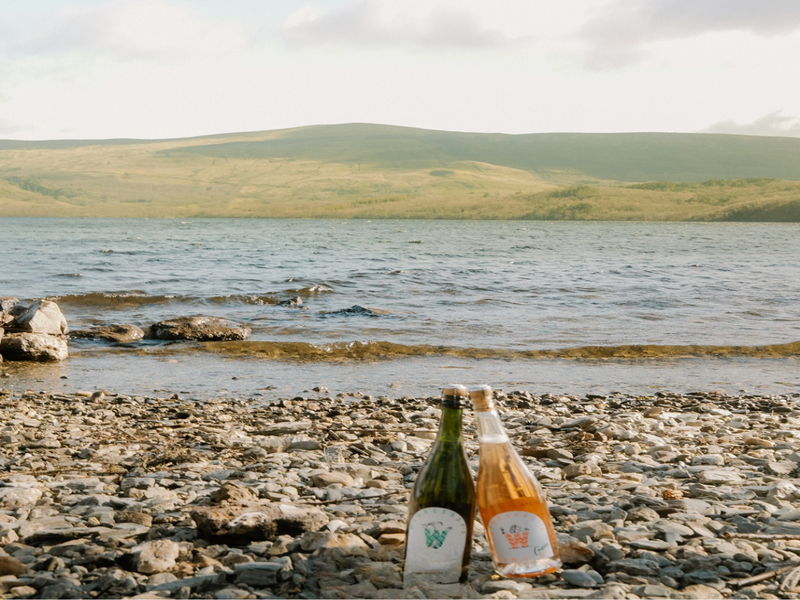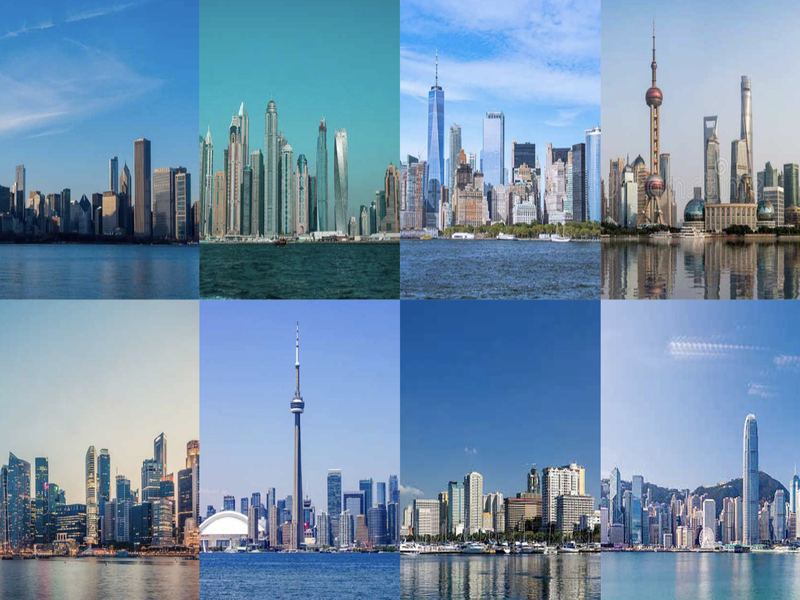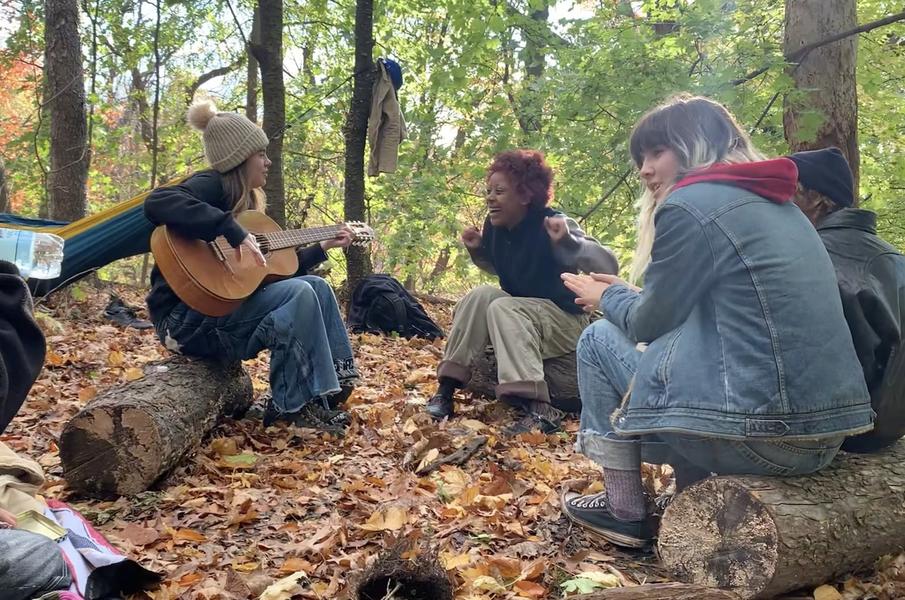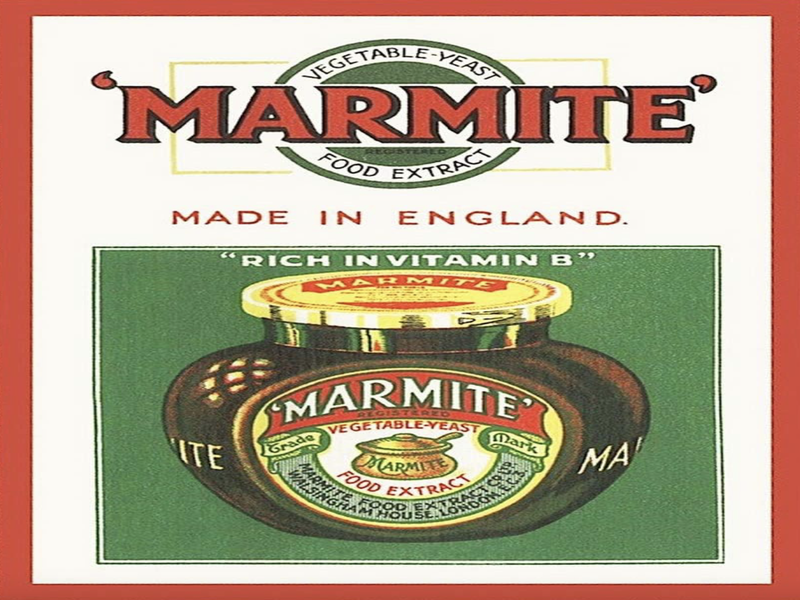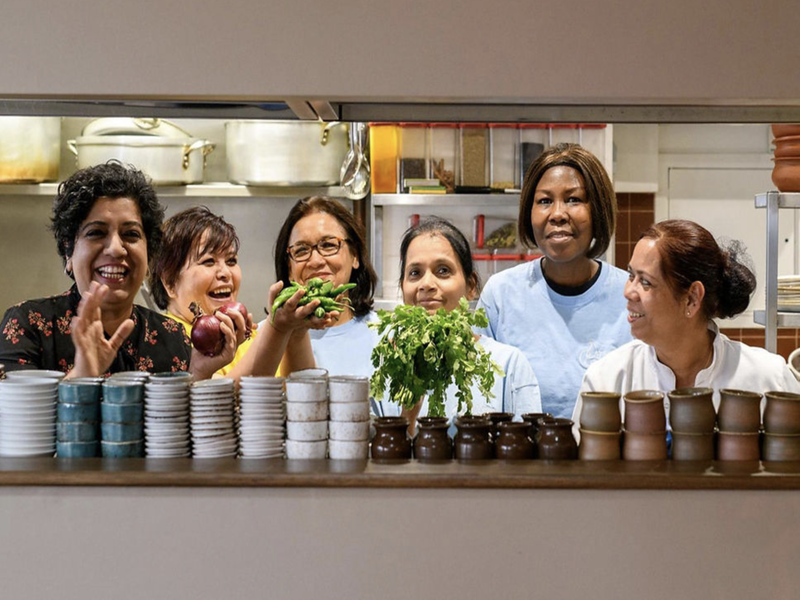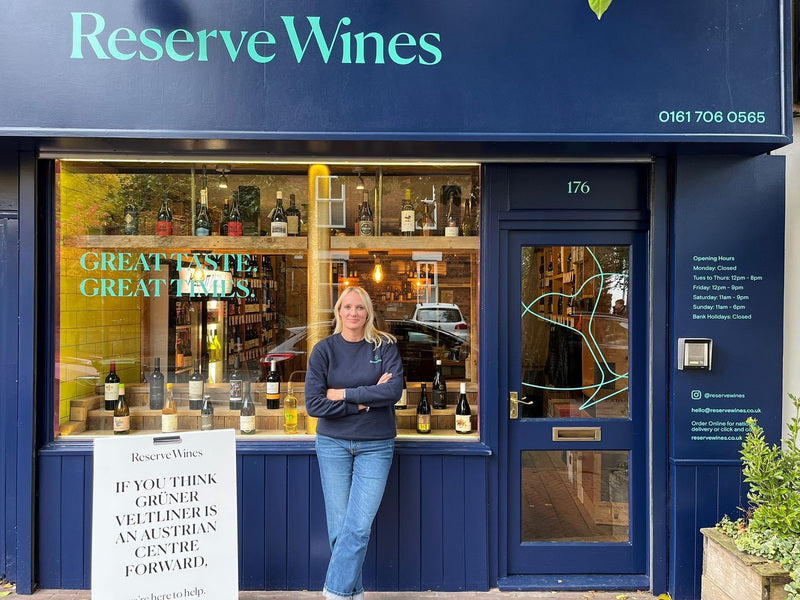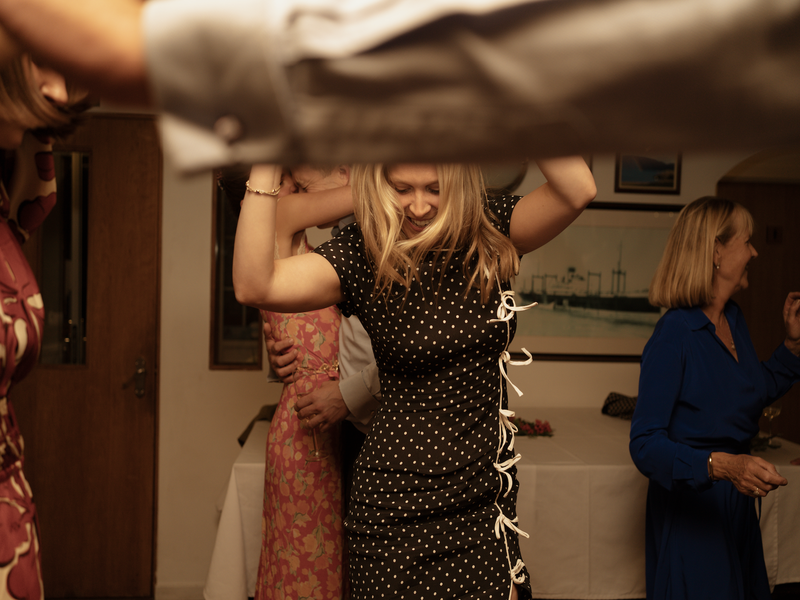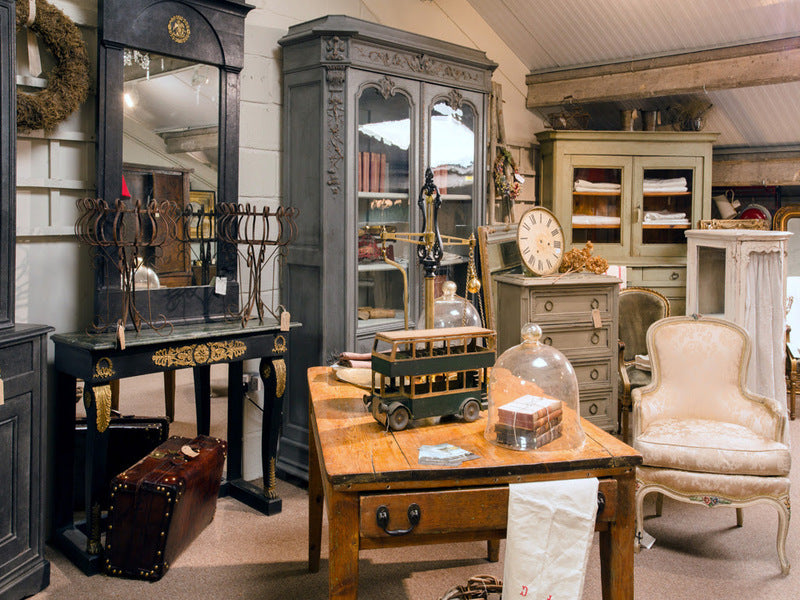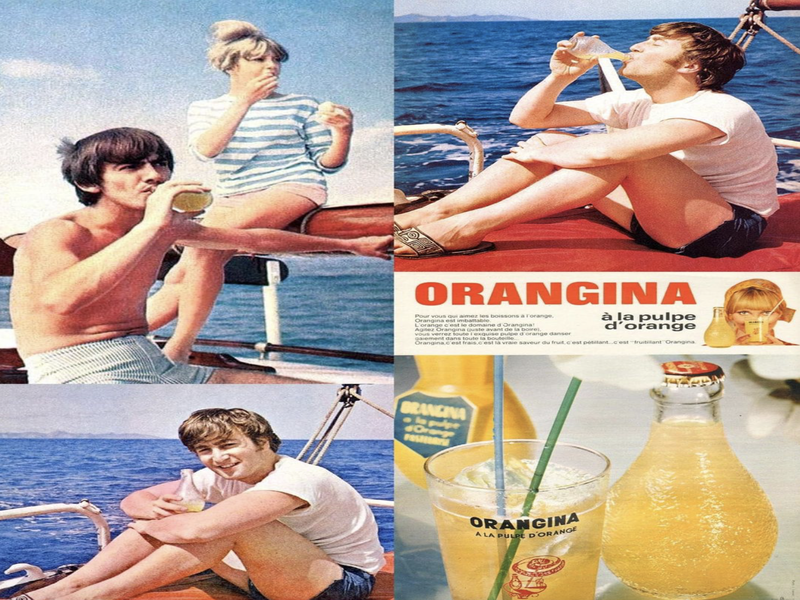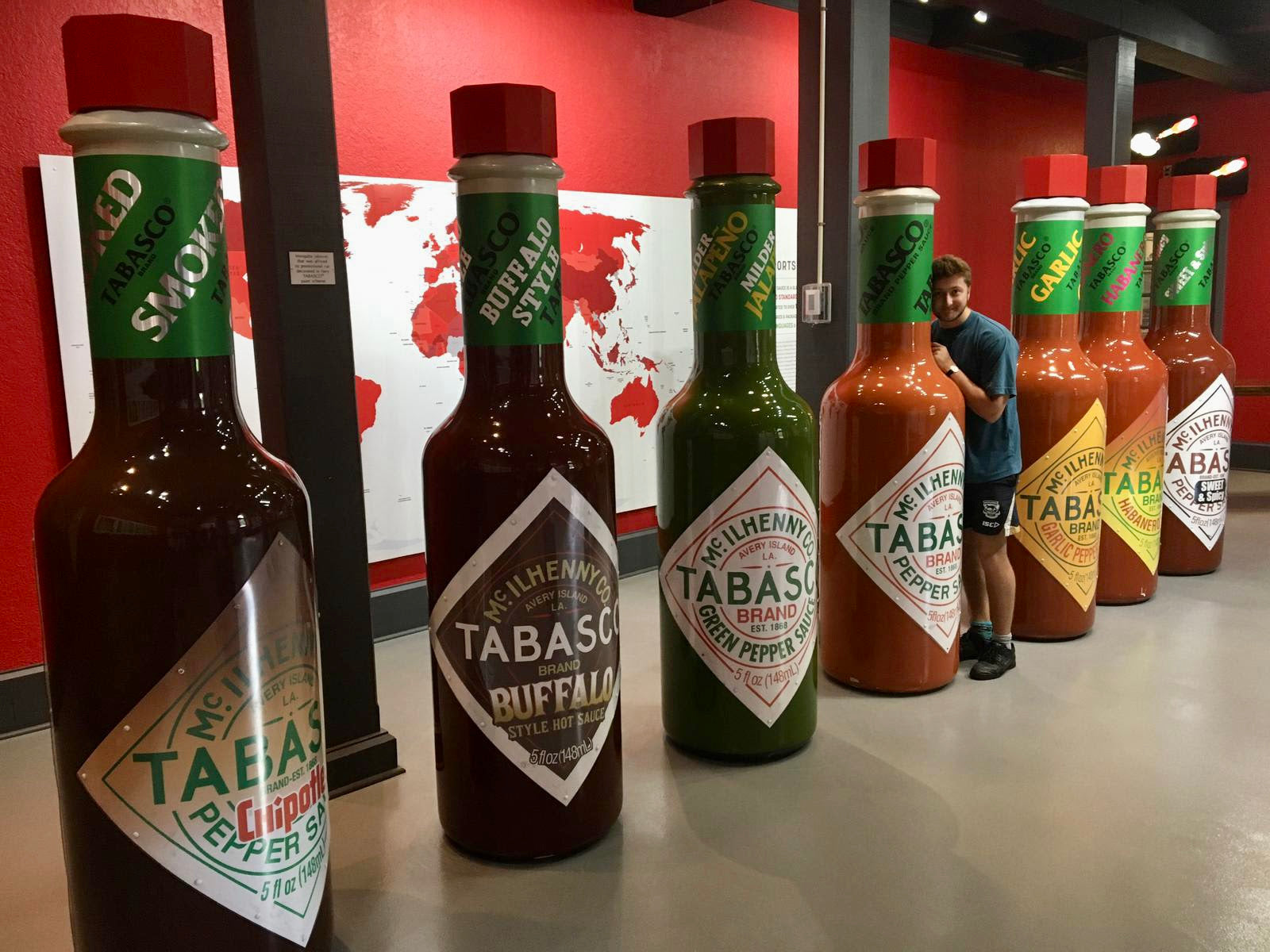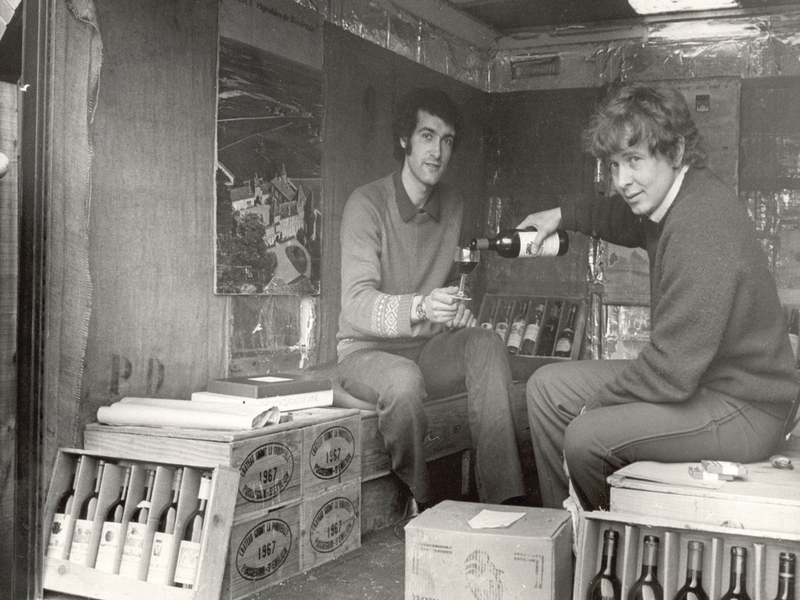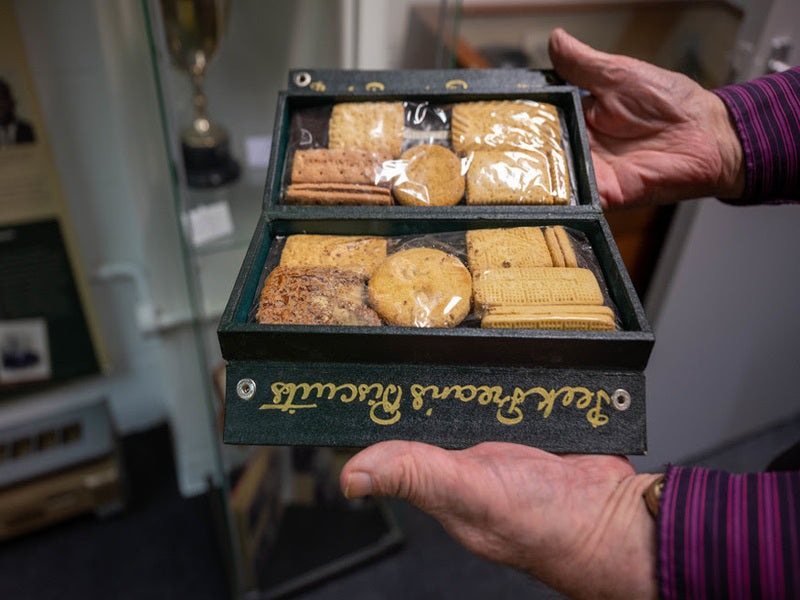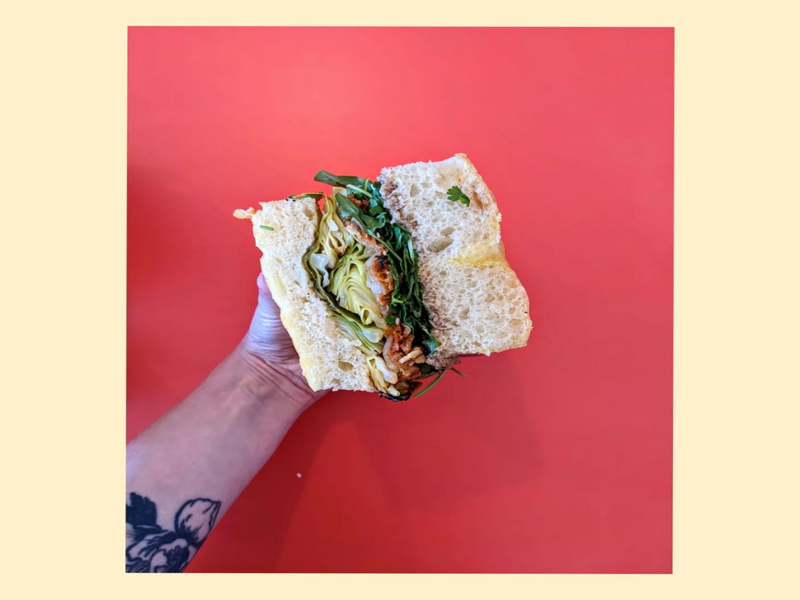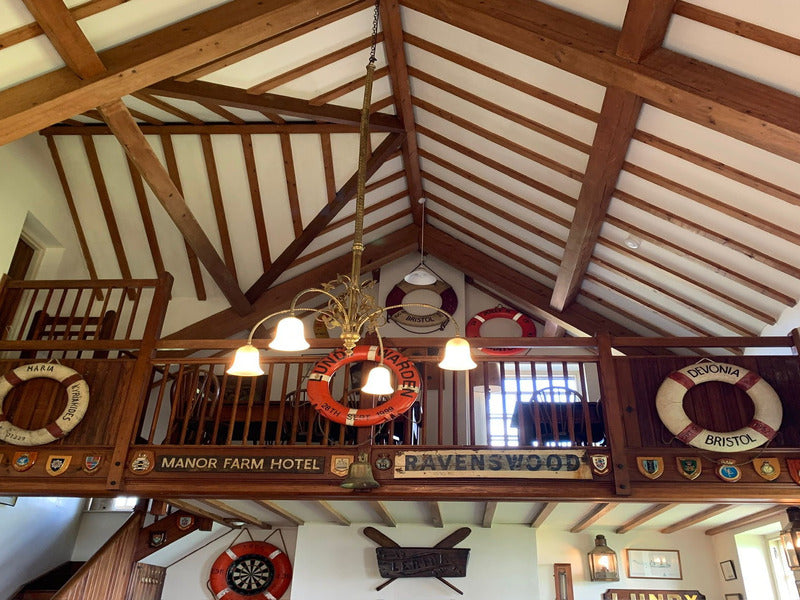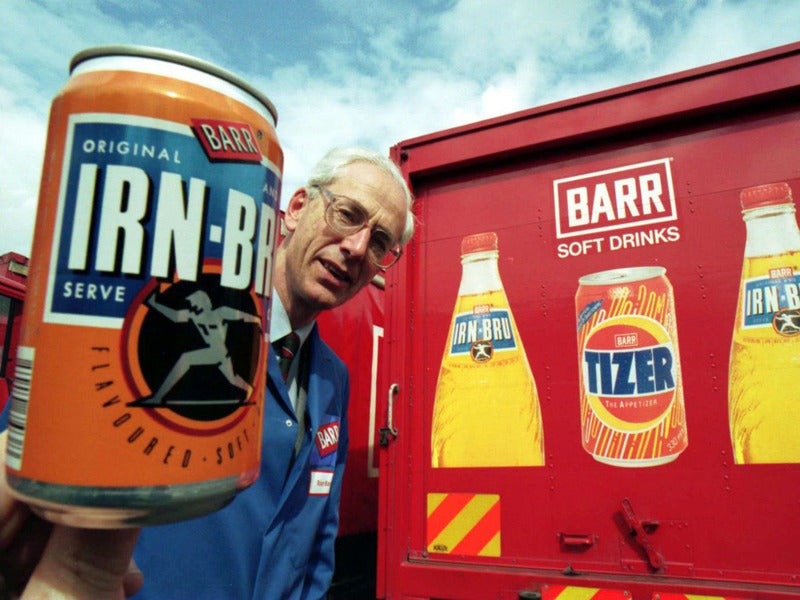TABLE TALK #152
It’s a funny thing, law. What’s entirely ordinary in one country can be scandalous in another. From chewing gum in Singapore to naming your baby in Denmark, the rules that govern us often say more about culture, history and habit than morality. Some are sternly enforced, others simply linger - relics of a bygone age, left on the books like forgotten heirlooms.
Today, we’re taking a legal spin around the world, exploring the strange, the sensible, and the surprisingly specific rules that remind us how easy it is to be a lawbreaker - without even realising it.
🍝 MAIN COURSE 🍝
In Singapore, modesty goes one step further: you can be fined for walking naked in your own home if you’re visible from the street. And chewing gum has been banned since 1992, not for reasons of morality but tidiness - too many pavements pockmarked with discarded Wrigley’s.

Robert Farber — Kiss on the Train
Holden Luntz Gallery
Across the Caribbean, wearing camouflage is illegal for civilians, a law meant to prevent confusion with the military (though it has caught out many a tourist in trendy cargo shorts). Meanwhile, in Iran, mullets, ponytails and excessive hair gel are banned as “Western” imports.
Then there’s Denmark, where parents must choose baby names from a government-approved list unless they secure special permission. A reminder that even personal identity can come with paperwork.

Kaisa Kettunen
Somewhere, once upon a time, there was clearly a very soggy donkey.
🍮 SWEET ENDINGS 🍮
So next time you absentmindedly cross the street or pack a packet of gum, take a moment to consider: somewhere in the world, that might just make you an outlaw.
🍷 WHAT'S NEW
FROM
WEDNESDAY'S DOMAINE? 🍷
I recently joined Ruth Fittock on her Tomorrow Brands podcast where we chatted about the ups and downs of building Wednesdays Domaine - from learning to be patient, to the happy accidents (like our summer cuveé) that have ended up shaping our journey.
I also spoke with Daniel Rowntree, founder of High & Dry, for his brilliant newsletter - we chatted about what it really takes to grow something from scratch, and why the road to building a brand is rarely a straight line.
Both are a bit more back-room than usual, but if you like hearing about the journey, wobbles and all, I think you’ll enjoy them.
Luke x

